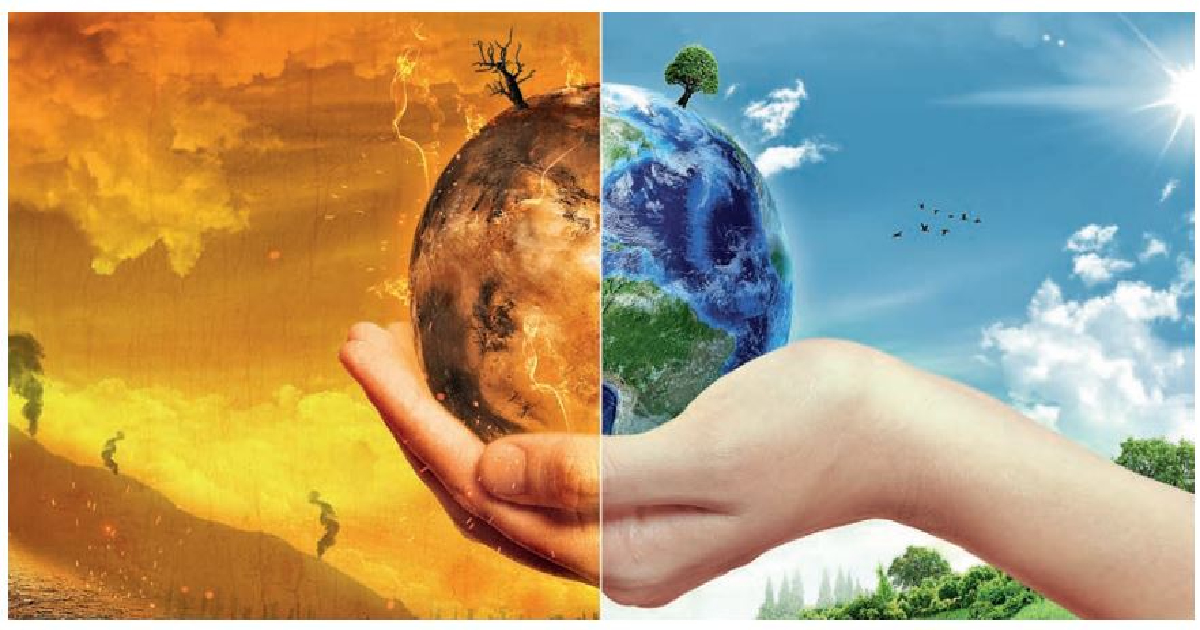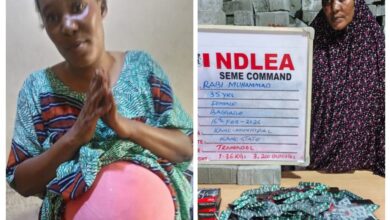New Report Faults Global Carbon Trading Schemes at Climate Summit
...As Advocates Demand 'Meaningful’ Reduction of Emissions at Source

By Edu Abade
Report from a new investigation by The Guardian and Corporate Accountability has faulted purported carbon trading schemes which have earlier given permission to countries and corporations to continue extraction and burning of fossil fuels.
The investigation found that of the largest 50 voluntary carbon market projects globally to “offset” greenhouse gas emissions, the vast majority are likely (78 percent) or potentially (16 percent) “junk.”
Even the emission offsetting potential of the remaining six percent cannot be definitively determined.
An offset is a credit that governments, institutions and corporations-from fossil fuel majors and airlines to fast-food giants-purchase to supposedly reduce greenhouse gas emissions elsewhere to help neutralise their continuing emissions.
The 50 projects evaluated include forestry, solar and wind farms, waste disposal, greener household appliances and large hydroelectric dam schemes, among others, largely located across countries of the Global South.
Forestry projects-such as one in Zimbabwe seemingly fraught with grossly exaggerated and inflated claims, as well as another in the US Mississippi Delta that is said to have taken “credit for trees that were already planted”-accounted for about half of the projects.
Dams such as the highly controversial Teles Pires dam in the Brazilian Amazon and the Karcham Wangtoo plant in the Himalayas, India, accounted for 20 percent of the projects given their purported climate benefits would have happened absent carbon offsetting.
What’s worse, the projects evaluated were hosted by seven different registries or certifiers and account for about one-third of the total global voluntary carbon market (VCM)-a “vast, fragmented and opaque” mechanism for buying and selling carbon credits/offsets—suggesting, as the survey notes that “junk or overvalued carbon credits that exaggerate emission reduction benefits could be the norm.”
New Delhi-based climate adviser for the Global Forest Coalition, Souparna Lahiri, said: “These findings show that the VCM is flawed and basically a fraud, allowing the west to offset their emissions and continue business as usual at the expense of the Global South.”
Advocates like Lahiri, Corporate Accountability and various other civil society constituencies are calling for countries, corporations and major institutions to stop their reckless pursuit of “market-based solutions” and focus instead on meaningfully reducing emissions at source.
Another researcher on the report, Rachel Rose Jackson, said: “Carbon trading is proving a dangerous diversion of political capital and time from the meaningful and just solutions needed to rise to the challenge of the climate crisis.
“The United States (U.S.) and other major emitters need to stop permitting new fossil fuel development and more aggressively scale community-controlled renewable energy sources.
“And major polluters like those charged in California’s new lawsuit should be made to pay frontline communities for climate damages instead of being celebrated for what seems to amount to meaningless schemes to ‘offset’ emissions.”










